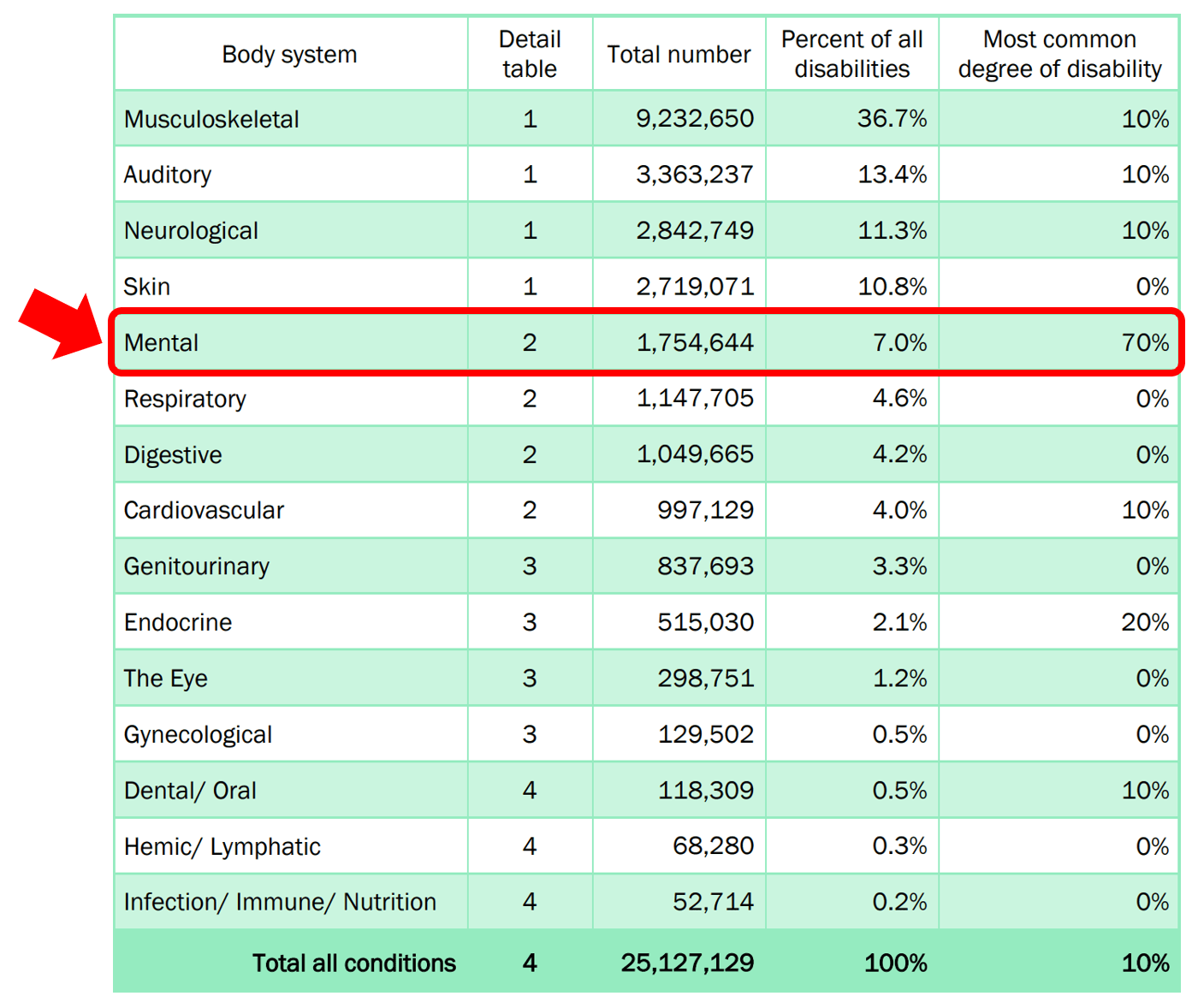Va Rating For Hypertension Secondary To Diabetes
rating secondary wallpaperThese secondary conditions can be service-connected due to diabetes. However if blood sugar levels are not properly controlled long-term complications may arise that could qualify a Veteran for secondary service connection based on diabetes.
9 Service Connection On Aggravation And Secondary Bases A 21st Century System For Evaluating Veterans For Disability Benefits The National Academies Press
Two common complications of type 2 diabetes are arteriosclerosis and cataracts.

Va rating for hypertension secondary to diabetes. Hypertension is another common complication of type 2 diabetes. Which is to file VA Form 21-526EZ Application for Disability Compensation and Related Compensation Benefits. If you have experienced diabetes in or since your time of service you can file a claim with the possibility of receiving one of the following disability ratings for compensation from the VA.
The rating criterion is as follows. If the onset of hypertension occurred after the diagnosis of type 2 diabetes the VA should consider the hypertension to be secondary to the diabetes. VA Disability Ratings for Diabetes.
When your diastolic pressure is 120 to 129. In addition this particular rating code requires the VA rater to consider renal dysfunctions when evaluating your condition under the dysfunctions rating schedule. Consideration of Hypertension as Secondary to Diabetes Mellitus.
Secondary claims can be submitted using the same methods as filing a direct-service connected claim. The list below includes some condition-specific references such as hypertension related to PTSD and more non-specific conditions such as neuritis which may have a variety of causes. The Doc just told me i have diabetes and has put me on some pills for diabetes and i was looking to see if my SC Hypertension is the cause of my diabetes all i can find is that High blood pressure and some of the medications used to treat it can increase the risk for developing diabetes.
Per 4104-10 Code 7101. 20- If the condition requires daily insulin injections or other medication plus a restricted diet. Department of Veterans Affairs VA recently listed type II diabetes as the number 9 most-prevalent disability claim among compensation recipients with more than 431000 veterans receiving some level of disability support while suffering from the condition.
Your hypertension must be rated at 10 percent or higher to receive monthly compensation though a 0 percent rating still qualifies you for health care and other ancillary benefits. 10- If the veterans diabetes can be managed by a restricted diet and no other treatment. 0 percent 30 percent 60 percent 80 percent and 100.
VA presumes a service-connected relationship exists based on the eligibility criteria below. Infer the issue of service connection for hypertension as secondary to diabetes mellitus whenever 7pt service connection is established for-7pt diabetes mellitus and-7pt diabetic nephropathy and7pt the veteran has a diagnosis of hypertension. In this case your rating will depend on your blood pressure reading.
How to Submit a Secondary Claim. A rating for service connection can be based on secondary disability as long as it is caused by a service-connected disability. If your diastolic pressure bottom number is 130 or higher.
Diabetes Mellitus Type II If you developed diabetes mellitus type II and were exposed to Agent Orange or other herbicides during military service in Vietnam you do not have to prove a connection between the disease and your military service to be eligible to receive VA disability compensation. The way the VA determines a percentage rating for hypertension depends on the severity of your hypertension. Your rating depends on your blood pressure reading.
Secondary conditions related to traumatic brain injuries. Common secondary service-connected conditions include but are not limited to. When your diastolic pressure the bottom number is 130 or higher.
In fact the US. While the Mayo Clinic states hypertension is diagnosed with a systolic pressure of at least 130 mm Hg or a diastolic pressure of at least 80 mm Hg VA regulations require an average systolic pressure of at least 160 mm Hg or an average diastolic pressure of at least 100 mm Hg to receive VA disability for hypertension. VA Secondary Conditions to Diabetes As evidenced by the above-mentioned rating criteria diabetes mellitus type II can be managed if the appropriate care is implemented.
For example suppose a veteran develops diabetes from exposure to herbicides while serving in the Republic of Vietnam. The VA rates chronic kidney disease primarily as a renal dysfunction and has 5 rating percentages for this condition.

